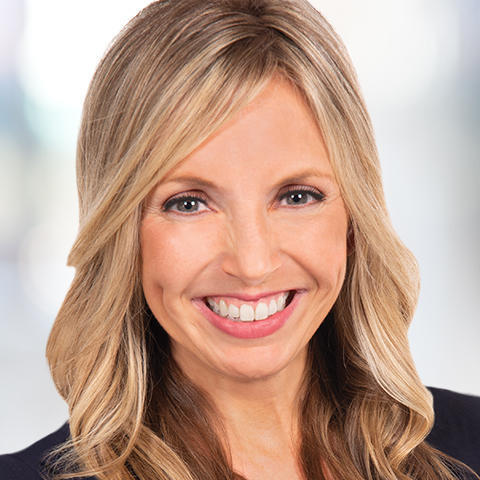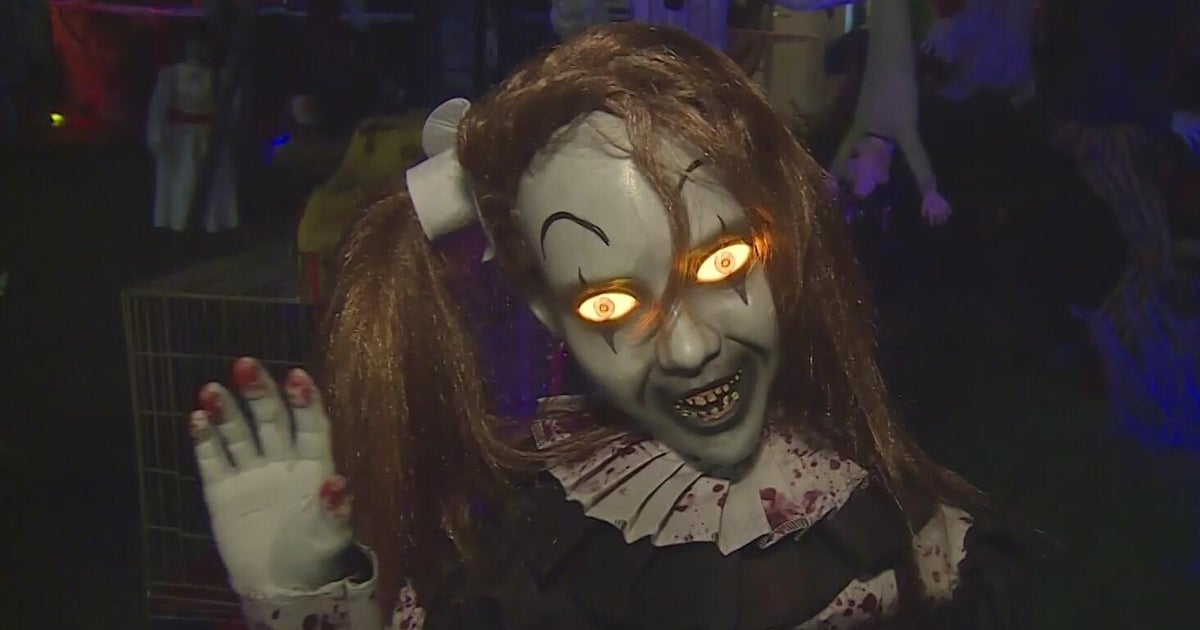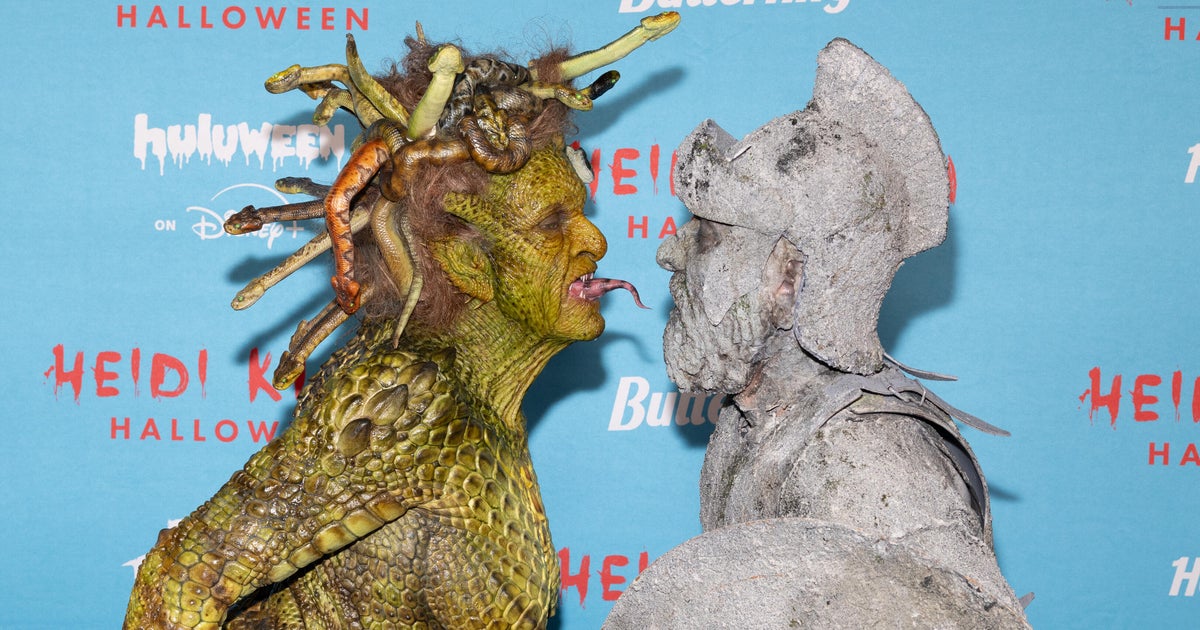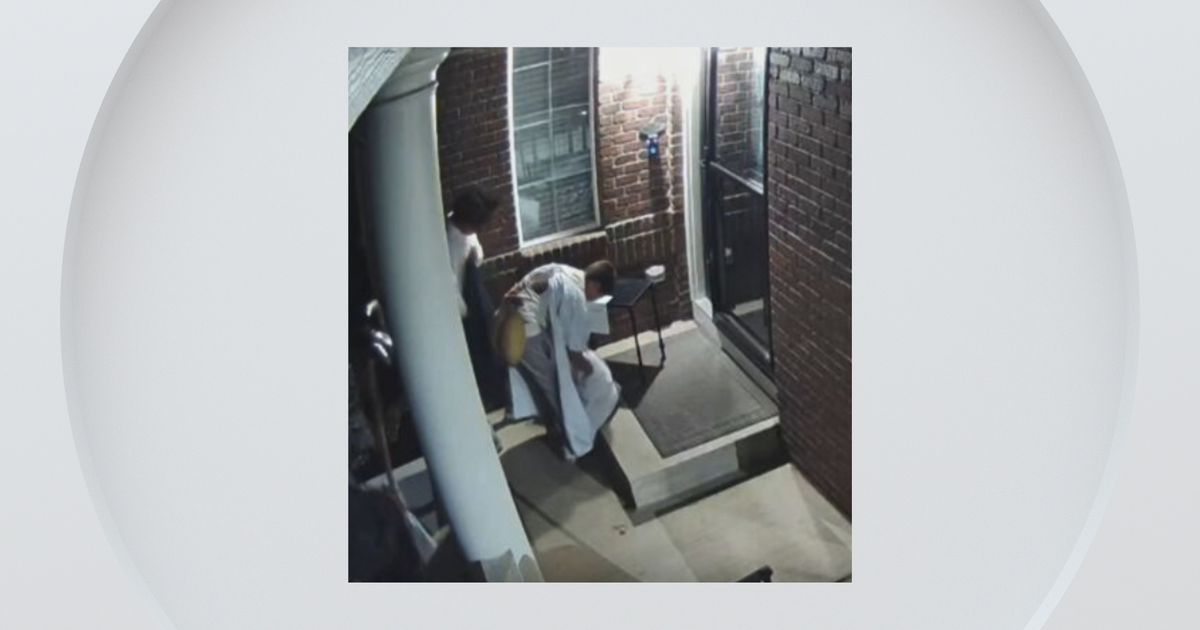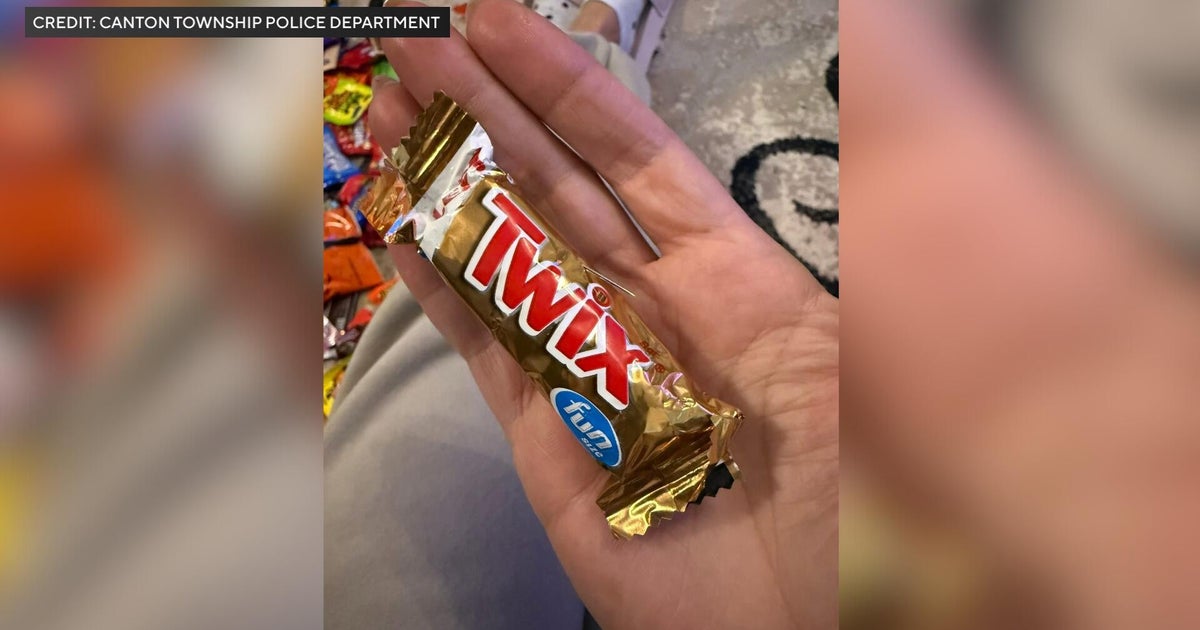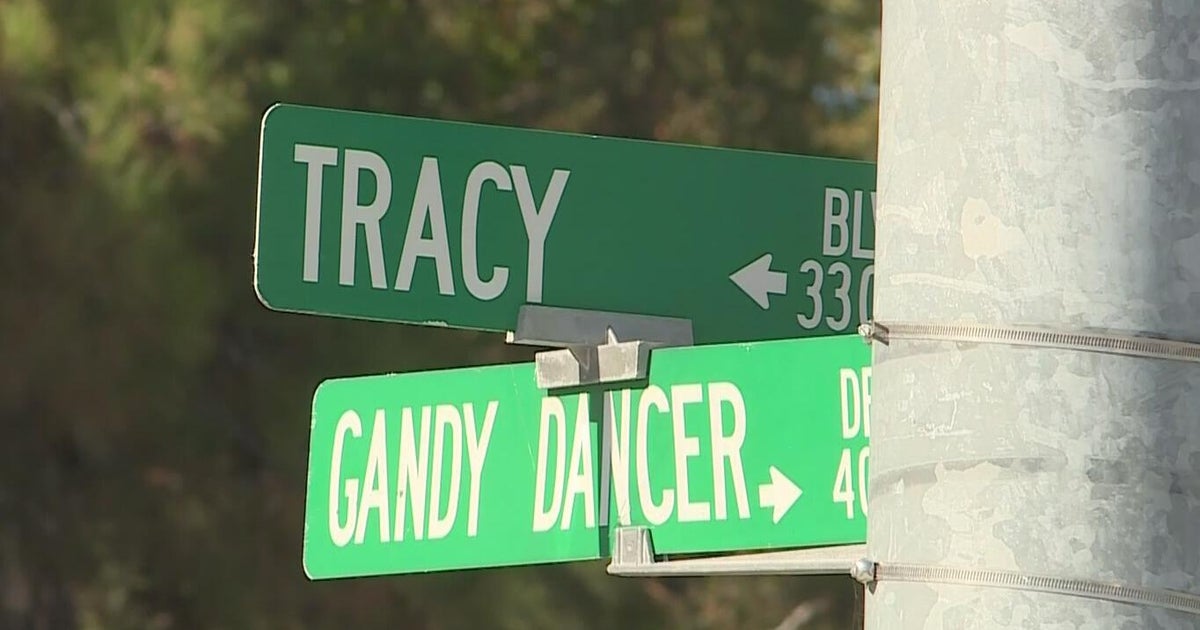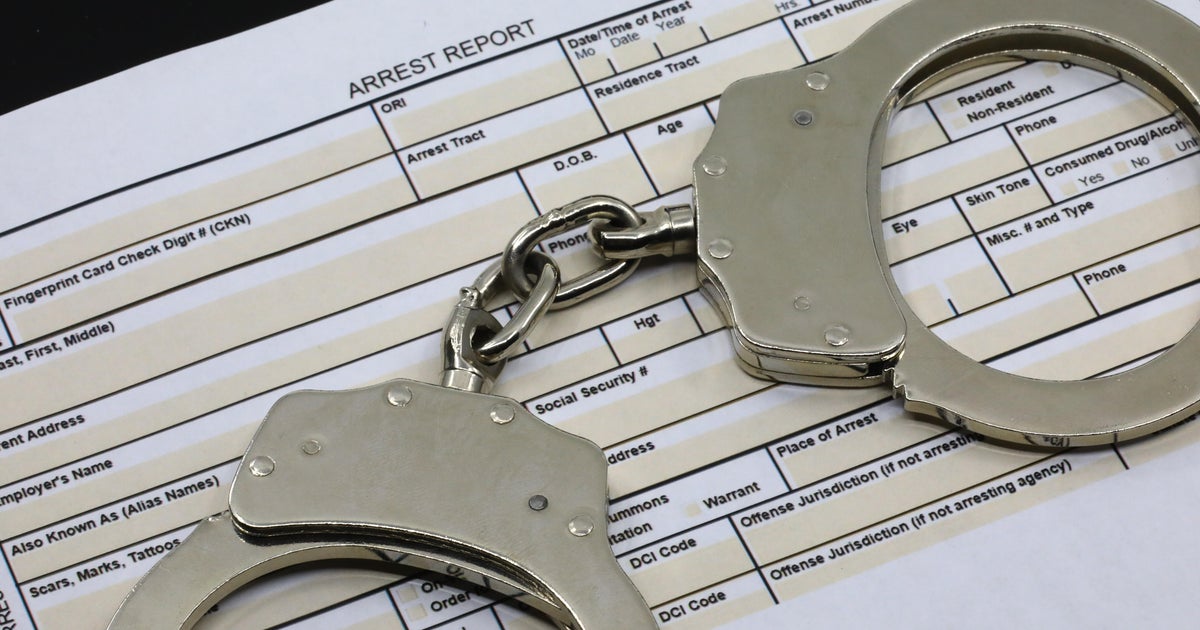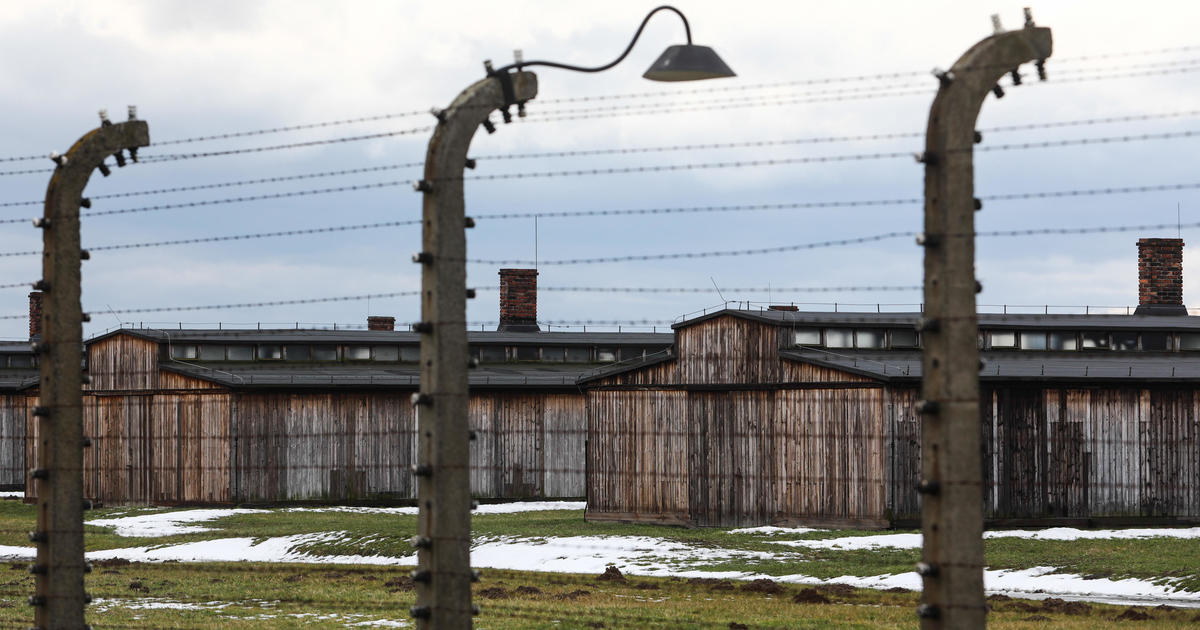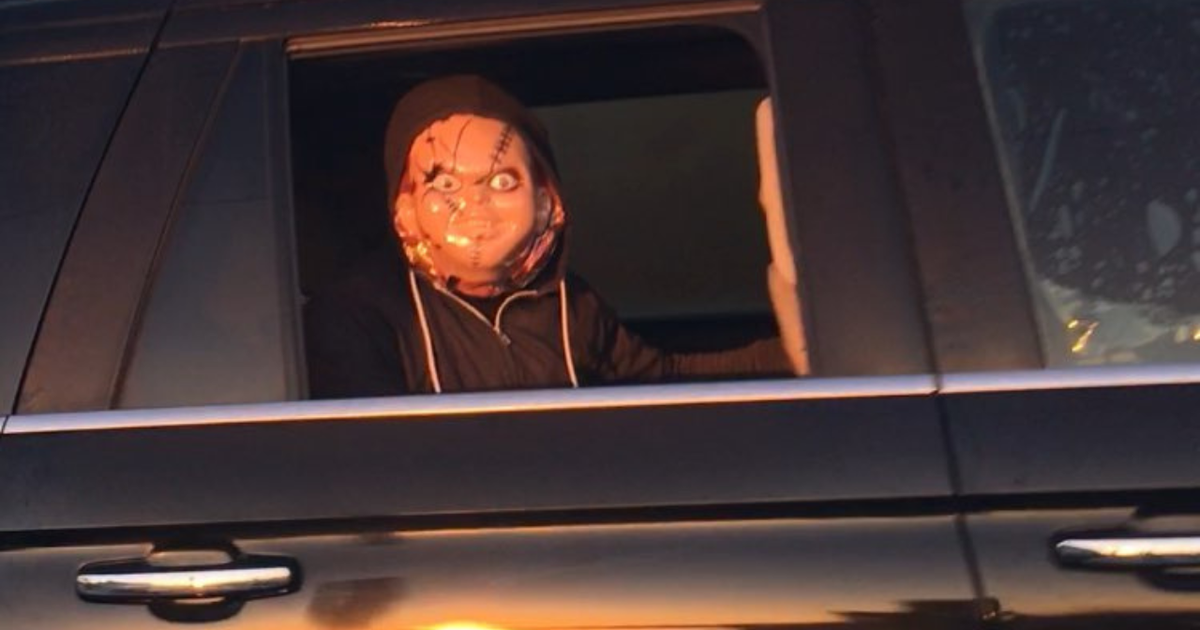Why do we celebrate Halloween?
We all know how to celebrate Halloween in Minnesota and western Wisconsin, but why do we celebrate the holiday?
Good Question.
It brings out the kid in all of us — the costumes, the candy, the core memories.
It's a holiday enjoyed by many, but understood by few.
Bernard Brady, a theology professor at the University of St. Thomas, is an expert on Halloween.
"When I think of Halloween, I think of like a stew, all the stuff going on in it," Brady said.
What happens today is rooted in 2,000-year-old Celtic tradition and grief.
"Today we hope people rest in peace, right? RIP. What if they don't rest in peace? What if they have something to resolve or something, some issue?" Brady said. "And this was a time they thought, the ancient Celts, that people might, spirits might come back for a night."
Brad says the intention of the holiday is to connect with those who are in between worlds. Years later, it got tied in with the Catholic holiday of All Saints Day.
"November historically has been the month where Christians remember the people who have died the year before. We don't want to do that, it brings back memories, we don't want to think about our own mortality," Brady said. "So in some senses, Halloween transformed into a mocking of death, or making fun of death."
It also coincides with the withering landscape.
"This time of the year when, as we look outside, the leaves are coming down, are they dead, are they alive?" Brady said.
As for the door-knocking, he says it started with kids who were living in poverty and would put on disguises.
"Knock on the door, 'Trick or treat,' like if you give us a treat or some food, we will pray for people you know who've died, we will pray for the dead," Brady said. "And if you don't, we might soap your windows."
Halloween is celebrated in predominantly Christian countries, but is spreading around the world.
Day of the Dead in Mexico is Nov. 1 and 2, sticking with the original intent.
